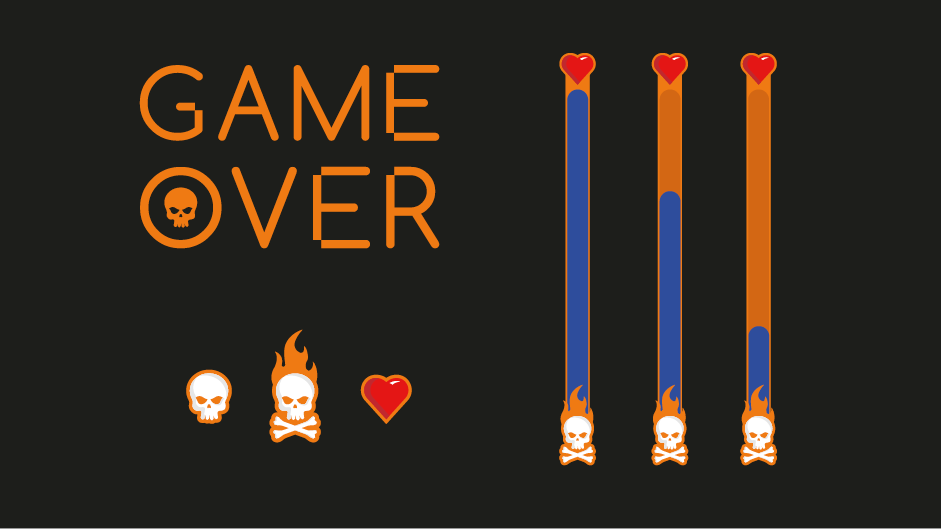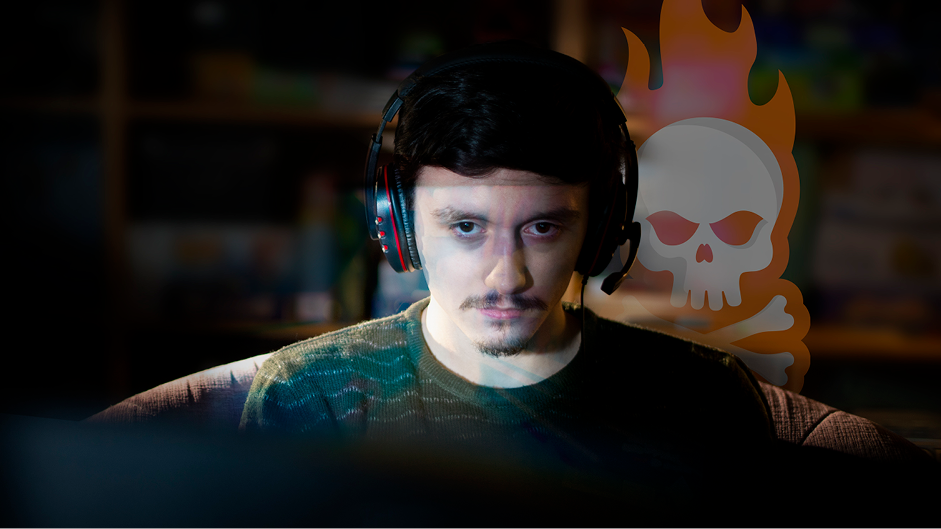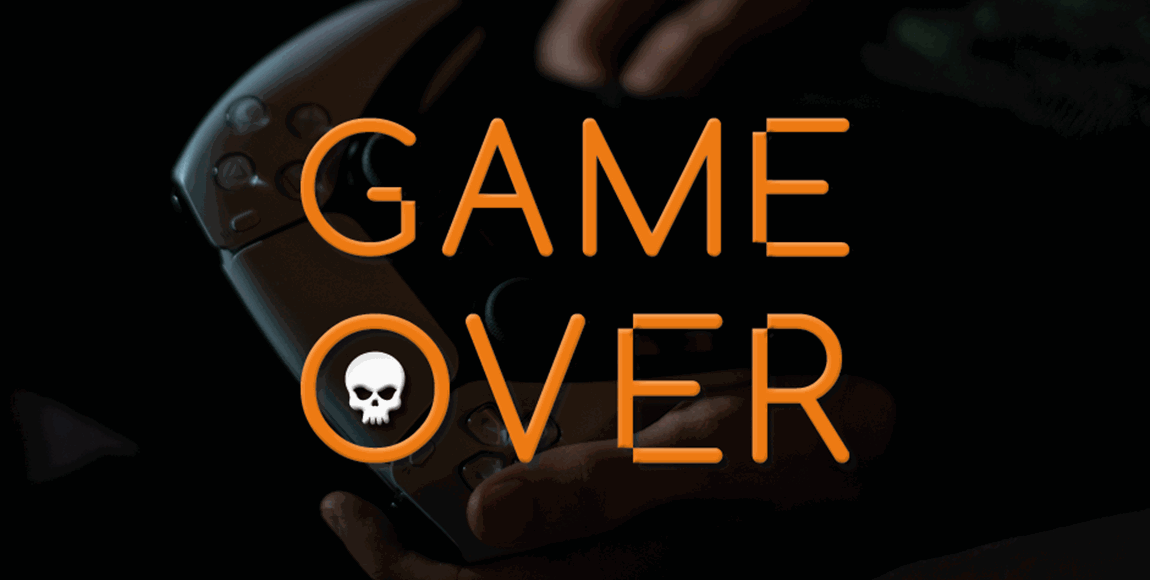We are currently experiencing issues with our phone lines. We're doing everything we can to get this up and running as quickly as possible and apologise for any inconvenience.
Be Aware...or it could be Game Over
Carbon monoxide is the Silent Killer: a poisonous gas that you can’t smell, can’t taste, see or hear.
It’s produced when any fossil fuel like coal, wood, oil or natural gas doesn’t burn properly.


Why should I worry about it?
Breathing it in can make you unwell, and it can kill you if you’re exposed to high levels.
Carbon monoxide poisoning kills 50 people a year in England & Wales and hospitalises many more.
Even low levels of exposure, over an extended period, can cause serious health issues, including brain injuries.
What are the signs to look out for?
Look out for:
- Your gas appliances burning a floppy yellow or orange, not crisp and blue.
- Pilot lights on boilers frequently blowing out.
- Extra condensation inside your windows.
- Soot or yellow stains around appliances.
All of these could be signs of a problem. If you suspect carbon monoxide, follow these three simple steps:
- Open all doors and windows
- Move outside into fresh air
- Call the Gas Emergency Service on 0800 111 999 immediately
What about when I'm away from home?
Be aware of the dangers of carbon monoxide poisoning when you are staying in holiday accommodation, on a boat or at a campsite. Or, better still, get a battery powered carbon monoxide alarm and take it with you to make sure you are not at risk.
And if you’re camping, or at a festival, never use a BBQ in an enclosed space such as a tent or under an awning.
What are the symptoms of Carbon Monoxide poisoning?


- Headaches
- Tiredness
- Nausea
- Dizziness
- Drowsiness
- Shortness of breath and difficulty breathing
- In extreme cases – loss of consciousness
Symptoms of carbon monoxide poisoning can be similar to those of food poisoning and the flu. However, unlike the flu, carbon monoxide poisoning does not cause a high temperature (fever).
What can I do about it?
Get yourself an audible carbon monoxide alarm.
Make sure you get your gas appliances serviced annually – that includes gas boilers, gas cookers and gas water heaters.
In a medical emergency, don't delay, call 999 immediately.
Know the signs of Carbon Monoxide poisoning and get an audible Carbon Monoxide alarm...or it could be game over.
Check out our behind-the-scenes film below or for more information, visit UKGDNS.com



